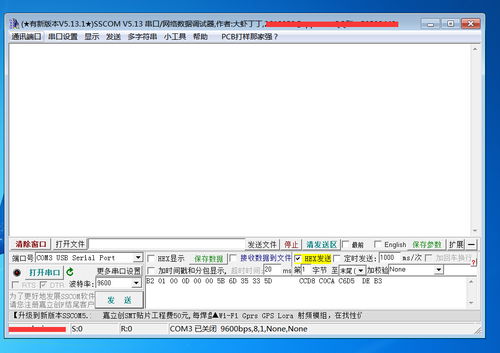dolphinscheduler源码分析
The Dolphin programming language is an objectoriented, imperative, and multiparadigm language designed to be simple, efficient, and easy to learn. It was created by Jørgen Klahr in 2007. Dolphin draws inspiration from languages like Python, Lua, and JavaScript, aiming to combine the best features of each while maintaining its own unique identity.
Here are some key features and characteristics of the Dolphin programming language:
1.
Syntax and Structure
: Dolphin's syntax is designed to be clean and readable, taking cues from languages like Python. It uses indentation to define code blocks, similar to Python, which helps in improving code clarity.```dolphin
// Example Dolphin code
func main() {
var message = "Hello, Dolphin!"
print(message)
}
```
2.
Dynamic Typing
: Dolphin is dynamically typed, meaning you don't need to declare variable types explicitly. This can lead to faster development and easier code maintenance, but it may also introduce potential runtime errors if not careful.```dolphin
var age = 25 // No need to specify type (e.g., int age = 25)
```
3.
ObjectOriented
: Dolphin supports objectoriented programming (OOP) concepts such as classes, inheritance, encapsulation, and polymorphism. This allows for the creation of modular and reusable code structures.```dolphin
class Animal {
func makeSound() {
print("Generic animal sound")
}
}
class Dog : Animal {
override func makeSound() {
print("Woof!")
}
}
```
4.
Concurrency
: Dolphin provides builtin support for concurrent programming through features like coroutines and asynchronous functions. This enables developers to write concurrent code more easily, making it suitable for scalable and responsive applications.```dolphin

async func fetchData() {
// Asynchronous operation to fetch data
}
func main() {
await fetchData()
print("Data fetched successfully")
}
```
5.
Interoperability
: Dolphin can be easily integrated with C/C code, allowing developers to leverage existing libraries and tools written in these languages. This interoperability enhances Dolphin's capabilities and extends its ecosystem.```dolphin
// Using C/C library in Dolphin
foreign func externalFunction() // Declaration of a foreign function
func main() {
externalFunction() // Call to the foreign function
}
```
6.
Garbage Collection
: Dolphin incorporates automatic garbage collection, which manages memory allocation and deallocation, reducing the risk of memory leaks and simplifying memory management for developers.7.
Extensibility
: Dolphin supports the creation of custom modules and libraries, facilitating code reuse and modularity. Developers can extend Dolphin's functionality by writing their own modules or importing existing ones.Overall, Dolphin aims to strike a balance between simplicity and power, making it a suitable choice for a wide range of applications, including web development, system programming, game development, and more. Its clean syntax, support for modern programming paradigms, and emphasis on developer productivity contribute to its appeal among programmers.









